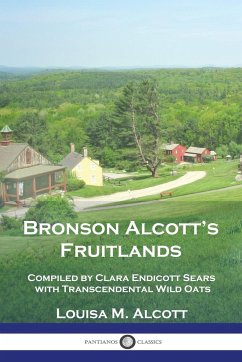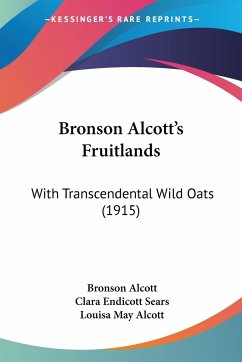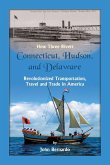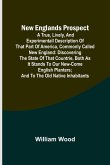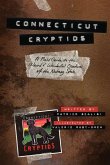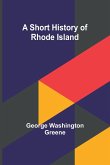This chronicle of Fruitlands, an agrarian community established in Harvard, Massachusetts, details the philosophy, creation and failure of the settlement. Founded by Bronson Alcott in 1843, Fruitlands was intended to be a utopian commune sustained by its own agriculture. The philosophical concepts of Transcendentalism, and its assertions regarding human morality and the potential of self-reliance, formed a cerebral bedrock. Yet the practical considerations of living were less accounted for: many residents preferred to philosophize than work the fields and animal labor was forbidden; the result being a shortage of food available to feed residents over winter. The strict living standards also caused discontent, and the project failed when unhappy occupants departed the site in January 1844. In the modern day, the Fruitlands project is considered a historical curiosity in Massachusetts. A museum was established on the original location, which details both Fruitlands and other attempts at achieving utopia in North America. Bronson Alcott was deeply disappointed that his commune failed, but continued working as a local teacher for many years afterward. His daughter Louisa May - who resided in Fruitlands as a girl - wrote a journal of the events, and later a treatment entitled Transcendental Wild Oats, which form part of this collection compiled by Clara Sears.
Hinweis: Dieser Artikel kann nur an eine deutsche Lieferadresse ausgeliefert werden.
Hinweis: Dieser Artikel kann nur an eine deutsche Lieferadresse ausgeliefert werden.

